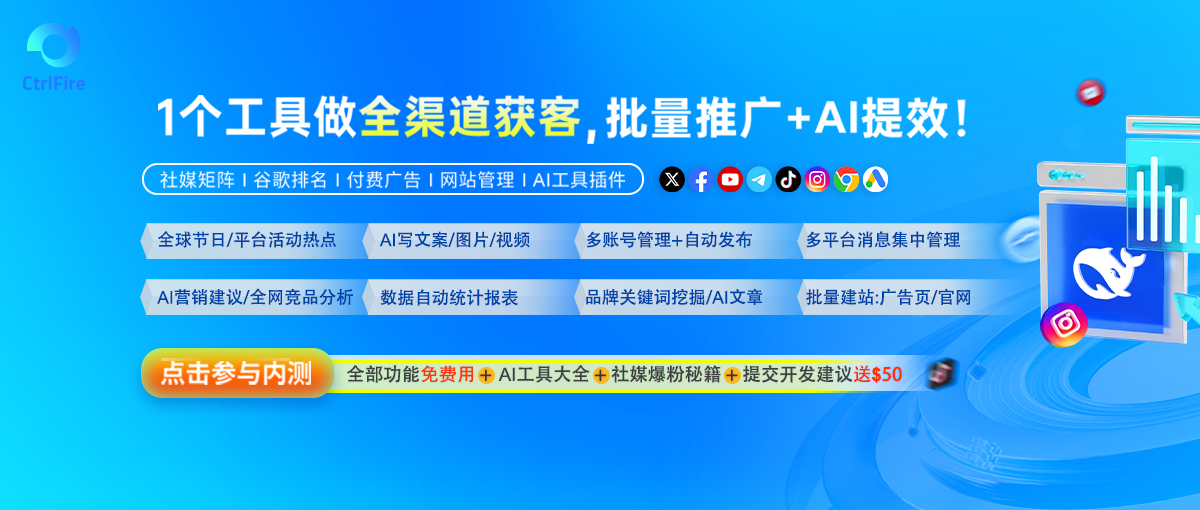Quora多账号登录教程:一键切换不同身份
最近发现很多朋友都在问同一个问题:"怎么在Quora上同时管理多个账号?"作为一个资深Quora用户,今天就来分享几个实用小技巧。
首先得说,Quora官方其实不鼓励多账号操作。但有时候我们确实需要区分工作账号和个人账号,或者想用不同身份参与不同话题的讨论。别担心,方法还是有的!
方法一:浏览器隐身模式
这是最简单的办法了!Chrome或Edge的隐身窗口可以让你同时登录另一个账号。具体操作:
- 打开浏览器,按Ctrl+Shift+N(Windows)或Command+Shift+N(Mac)
- 在新开的隐身窗口访问quora.com
- 登录第二个账号
这样主窗口和隐身窗口就能分别保持不同账号的登录状态啦!不过要注意,隐身窗口关闭后需要重新登录。
方法二:使用多款浏览器
如果你觉得隐身模式太麻烦,可以试试这个方法:
- Chrome登录工作账号
- Firefox登录个人账号
- Edge登录兴趣小号
每个浏览器都能记住各自的登录状态,切换起来特别方便。我平时就这么用,再也不会搞混账号了!
方法三:账号切换插件
技术党可以试试MultiLogin这类插件,它能帮你:
- 一键切换不同账号
- 为每个账号创建独立环境
- 自动填充登录信息
不过要注意插件安全性,建议从官方应用商店下载。我试用过几款,确实能省去不少重复登录的麻烦。
注意事项
最后提醒几个重点:
- 不要用多账号进行恶意操作,可能会被封号
- 建议不同账号使用不同邮箱注册
- 记得定期清理浏览器缓存
- 重要账号建议开启两步验证
希望这些小技巧能帮到你!如果还有其他问题,欢迎在评论区交流。记住,合理使用多账号功能才能玩转Quora哦~
